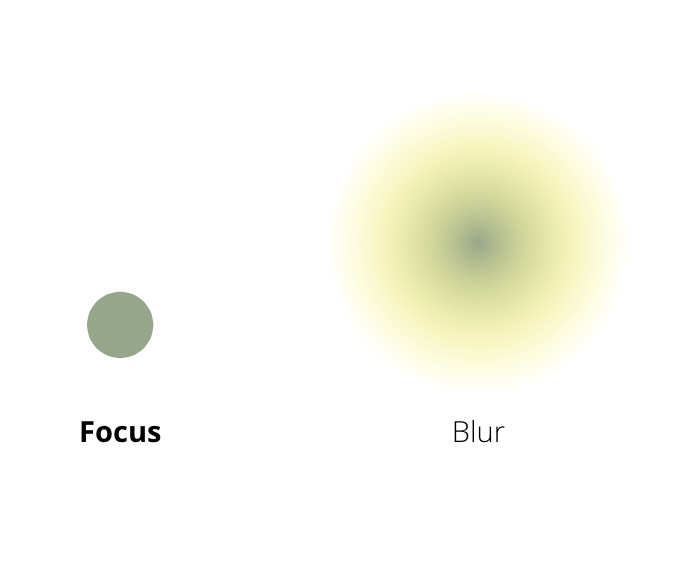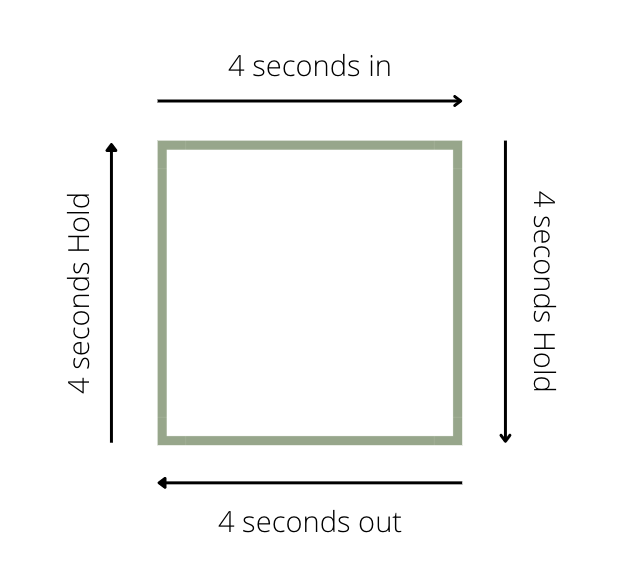How to Calm Stress - in the Moment
I was sleeping in the basement of the Royal Children’s Hospital when it happened. My 4-week old son was in a ward a few floors somewhere above me, waiting to receive open heart surgery to repair a valve in his heart. Sleep had been intermittently disrupted by emergency MET calls over the hospital's PA. You don’t want your child’s room number mentioned in those announcements - it results in some of the best doctors and nurses around the globe dropping what they’re doing and madly rushing to a scene of human fragility.
As I was getting ready to tackle another day, the speaker interrupted everyone in the hospital again. MET call, Koala Ward, room 67. repeat, Koala Ward, Room 67. Phew, it’s not my son, close, he’s room 66. I think? I’m sure he’s in room 66. I confirmed with my wife, he’s in room 66 right? We both agreed, but thought I should go up just to double-check…
As I walked down the corridor my eyes honed in on the array of room numbers fading down the long corridor. Room 63, 64, 65. I tend to remember things by location, not number, so I knew where to find his room. Number 66, no that’s not his!? My muscles tensed. My heart raced. My eyes became sharply focussed. No, no, no. The MET call was for my son. As I rushed toward his room I arrived to a room full of doctors and medical practitioners- there must have been a dozen people in there as I could barely make my way in. I was stressed out of my mind as I tried to see my son. This stress would be repeated time and time again as our family navigated the health care system; it would also later catch up on me and lead to PTSD.
As it turned out, over the upcoming weeks and months, my son received the life-saving treatment he required, although more is ahead of us. Then the repeated moments of acute stress started kicking in. Appointments, check ups, health scares. Every time I heard another MET call, smelt the same hospital alcoholic hand cleanser or an array of other sensory reminders I associated with my son’s health issue, my body would go ballistic with stress. It was like my mind created neural highways with default ways of holding stress; coping strategies that only reinforced stress and anxiety over and over again. Each bout of stress felt like another rock being put in an already burdensome backpack, slowly but steadily eroding my mental health and creating a breeding ground for anxiety and prolonged stress. What I wish I knew back then, and know now, is that when stress arises, there are some basic physiological responses our body makes which are absolutely necessary when dealing with stress. Let’s say you see an out of control Pit Bull Terrier running towards you and a young child. You need to quickly decide whether you take it on or run - aka fight or flight in psychological terms. Choose fight to protect the child and you eye-off that dog, tense your fists and breathe quickly. Choose flight and you hone your eyes in on where you need to run with the child, tense your muscles to run there, and breath quickly to get oxygen to your bloodstream so as to get there quickly! Fortunately, in both the fight or flight response, all three physiological responses will eventually dissipate with time.
Body’s Reaction to Stess
In that moment, the response isn’t necessarily a bad thing, in fact it’s a necessary thing when being eyed off by a loose Pit Bull Terrier!! But every time you see a dog thereafter? Here’s the thing. Stuff happens in life which causes necessary stress; stuff is repeated which often results in unnecessary baggage. This becomes problematic when there is perceived threat all around you, perpetuating stress over and over. Like my season of regular hospital visits, this may have been brought about by a specific traumatic experience. In my case I’m incredibly thankful I could work through this with a psychologist. But what I also learnt over time was that
Stuff happens in life which causes necessary stress; stuff is repeated which can result in unnecessary baggage.
there are some very simple things you can do in the moment to quickly reduce the body's stress response, helping you cope better and work with the stress, rather than against it. They are simple things, yet processes that take a concerted effort to switch on in the moment, hence they need to be easy to employ. But when repeated over time, these processes help better deal with life’s baggage and lighten the load. Take the diagram above, stress rises and falls automatically, but we can intervene and fast track the physiological fall or reduction of stress in the body during perceived risk - we ease the focus of our eyes, complete a body scan to relax muscles and intentionally breathe slower.
Calming Stress in the Moment
The key to the above process is to practise it outside of the stressful moment so it becomes easier in the moment. I like to complete it in the following order so that it almost becomes second nature when I feel that rush of cortisol building up in my body:
1. Relax Eyes
When stressed, we tend to hone in on the stress stimulus. Use your peripheral vision, relax the eyes and try and lightly take in all of your surroundings. Blur your focus a little. Find a still object, think camera lens focused, then blurred.
2. Body Scan
Fists, neck, jaw. Whatever it is for you, your muscles often tense up in stressful moments as your body prepares for flight or fight. Do a quick body scan, one-by-one relaxing the muscles from head to toe as you identify tension throughout your body. I like to tense each muscle, then relax it, helping me better identify the state of each muscle group.
3. Slow Breathing
Slow your breath down. Breathe deeply while still using your peripheral vision and relaxing your muscles. Box breathing is my go to: breathe in for 4, hold for 4, breathe out for 4, hold for 4. Repeat.
Where does stress cause baggage in your life? Here’s a few common examples of when stress might be working against us:
Stressing too much before a speech
Responding to an emergency and not being able to think clearly
Going to the dentist
Attending an important work meeting
Reporting to a board, manager or employer
Making a mistake
Seeing or meeting people we fear
Being exposed to something that has caused trauma in the past.
Stress is an absolutely normal and necessary bodily function. But it also responds well to some attention to keep its levels in check, helping us manage it well. Next time you feel stress arising, notice it and try these three things- engage your peripgheral vision, do a body scan and repeat box breathing. And finally, accept it for what it is, it will die down, but responds well to a helping hand.






